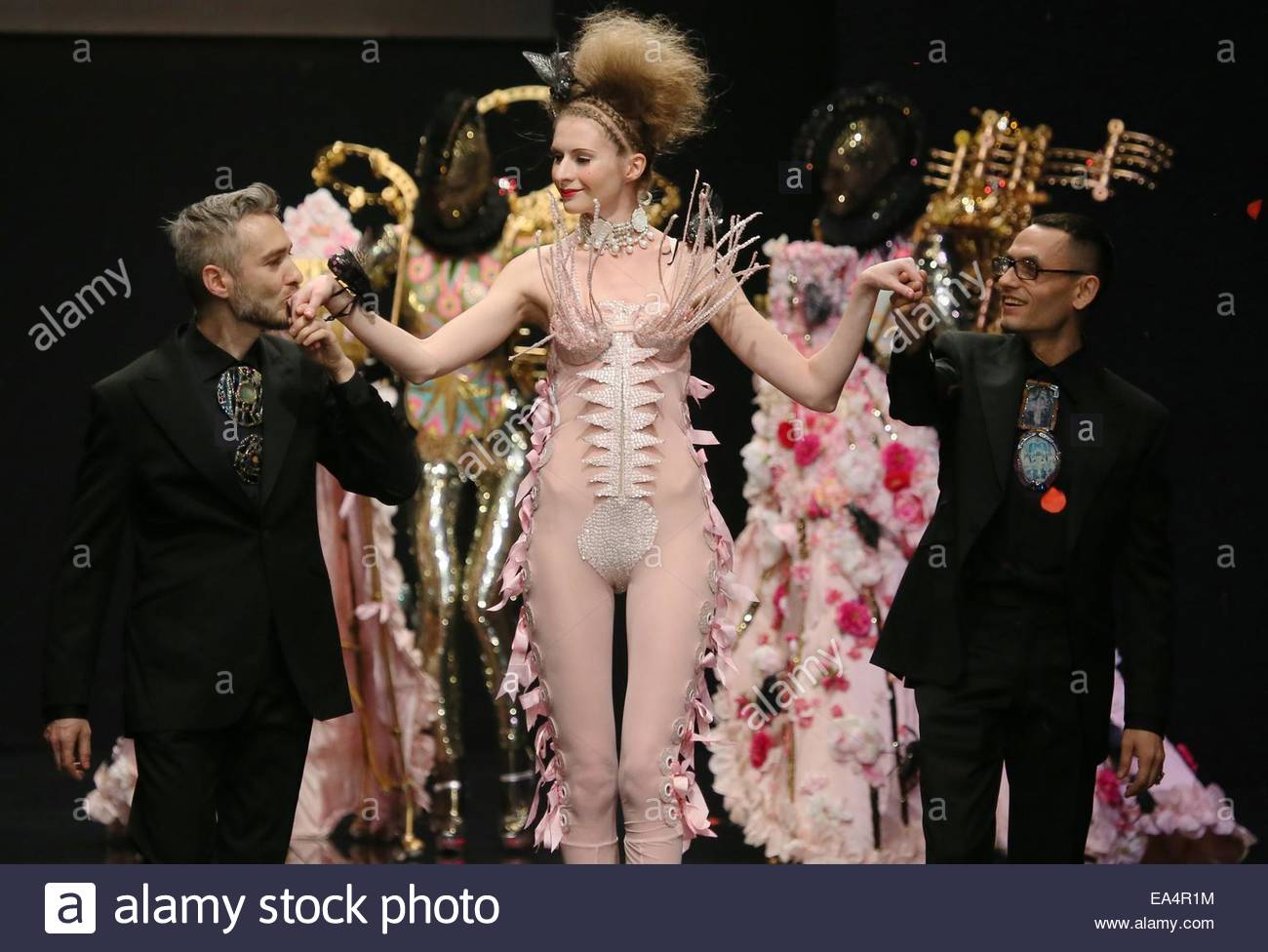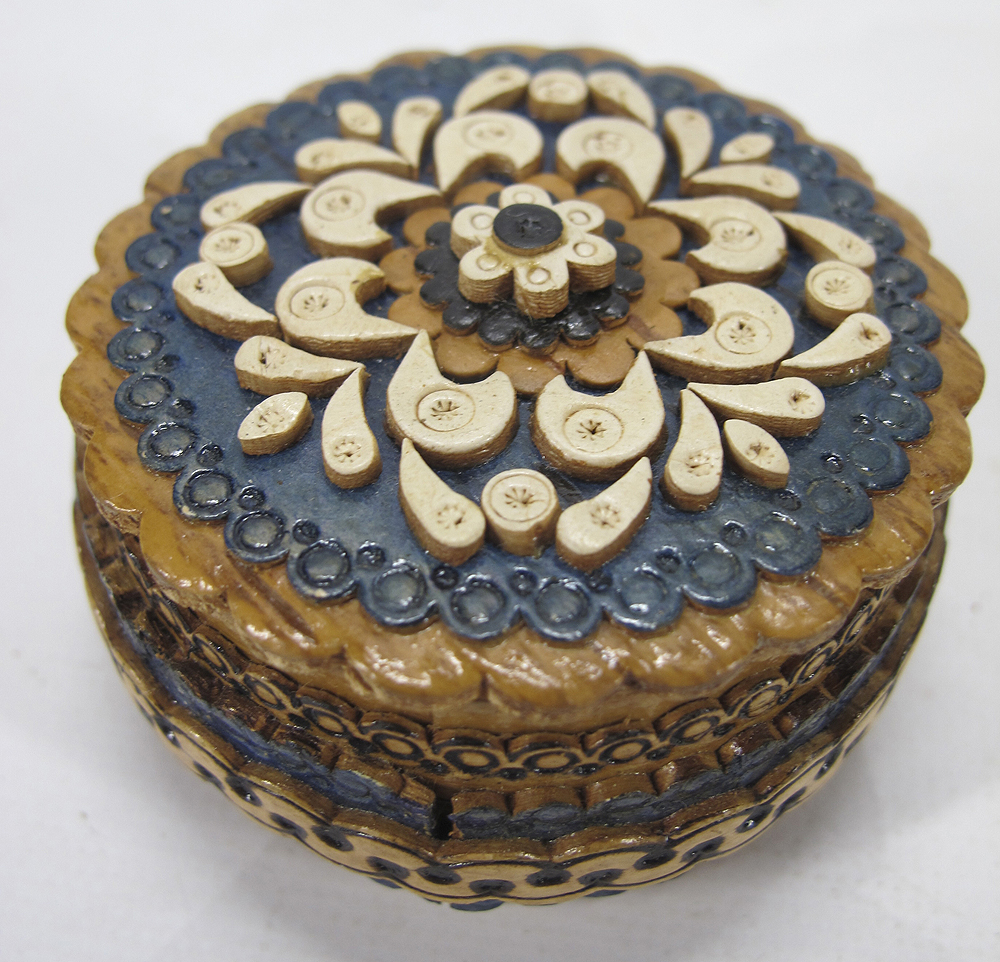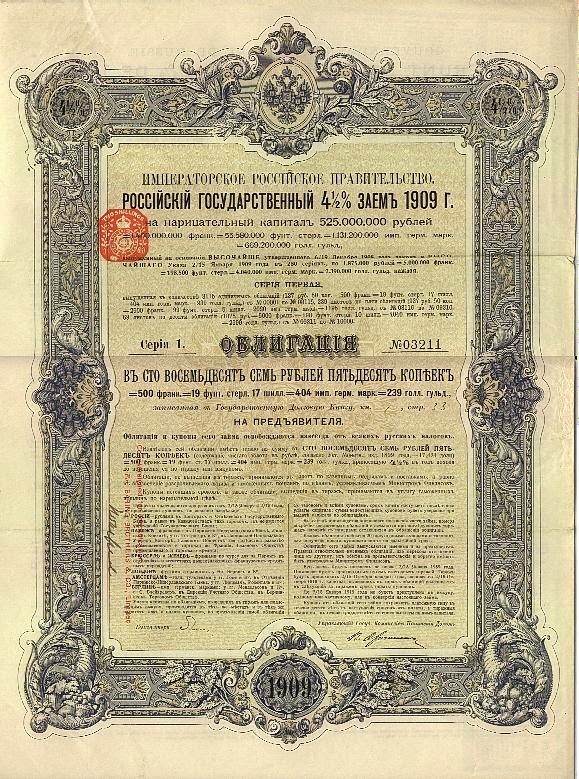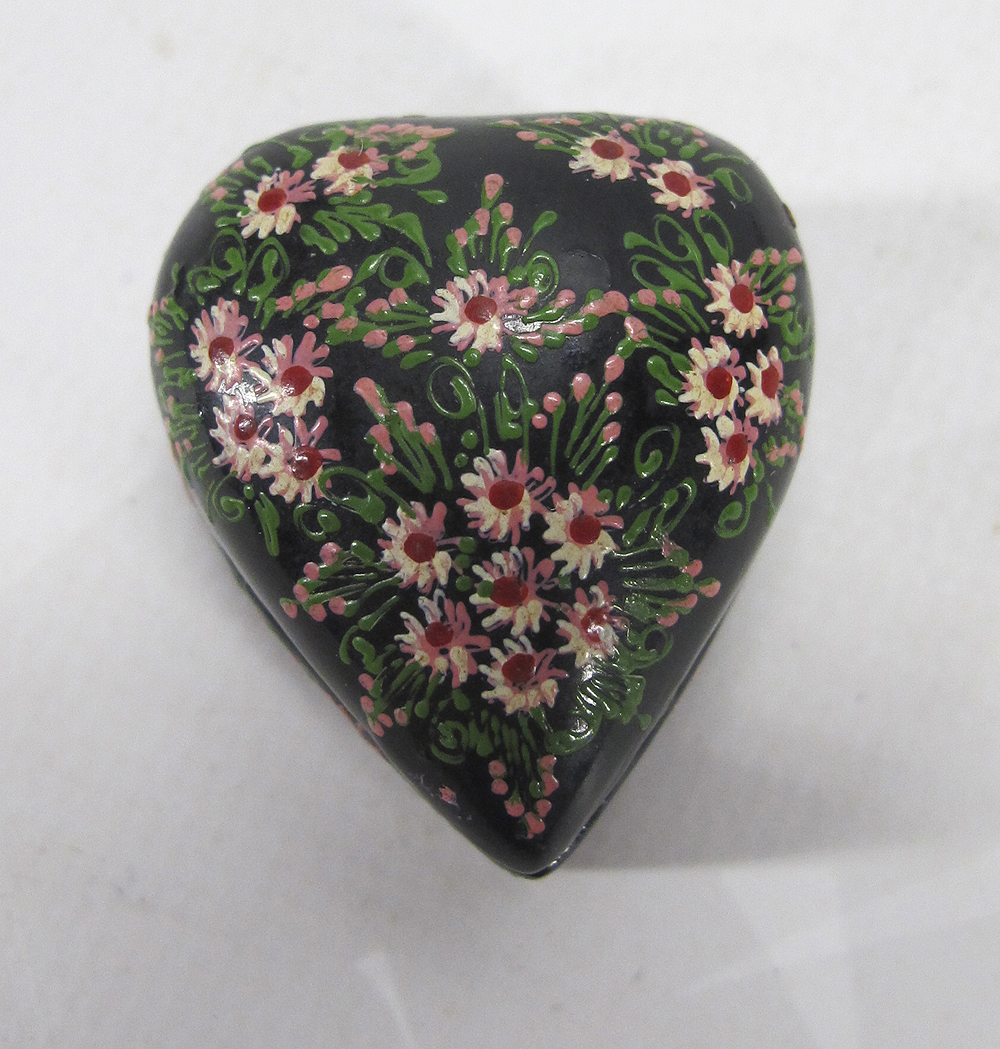
It might be a good idea to give your new puppy a Russian name. If your new puppy is of Russian breed it is quite natural to give a Russian name to him or her. Even if it’s not, it can still be cool because Russian names …
A diminutive is a word which has been modified to convey a slighter degree of its root meaning, to convey the smallness of the object or quality named, or to convey a sense of intimacy or endearment. A diminutive form (abbreviated DIM) is a word-formation device used to express such meanings; in many languages, such forms can be translated as …


The three-part-form of modern Russian names consisting of name, patronymic and surname is typical for Russian language. We also discuss the diminutive, or firendly, form of each Russian name.
Russian Blonde With Huge Tits Fingering Her Pussy 08:56 – www.tube8.com

2] KHARITON (Харито́н): Russian form of Greek Chariton, meaning “grace, kindness.”; KIR (Ки́р): Russian name meaning “master, ruler.”; KIRILL
Nouns in Russian are divided into three genders: masculine, feminine and neuter. How to determine the gender in Russian? Look at the word’s ending




Addressing People in Russian. In Russian, there are two modes of address – using the polite “you” (Вы) and using the informal “you/thou” (ты).The choice of mode depends on how well you know the other person and whether you are superior or inferior in terms of age and position.
Meanings and Origins of Female Russian Names. 1] [2 ] ADELA DA (Аделаи́да): Russian form of Old High German Adalhaid, meaning “noble sort.”; AFANASIIA (Афана́сия): Feminine form of Russian Afanasii, meaning “immortal.”; AGAFIA (Ага́фья): Russian form of Latin Agatha, meaning “good.”
A hypocorism (/ h aɪ ˈ p ɒ k ə r ɪ z ə m / hy-PAWK-ə-rih-zəm; from Ancient Greek ὑποκόρισμα (hypokorisma), from ὑποκορίζεσθαι (hypokorizesthai), meaning ‘to use -talk’) is a diminutive form of a name.Hypocorisms include pet names or calling names, often a diminutive or augmentative form of a word or given name when used as a …

The standard formula usually includes “hello” and “how are you?”. In Russian, unlike English, these phrases sound different depending on who you talk to.

Recent Comments